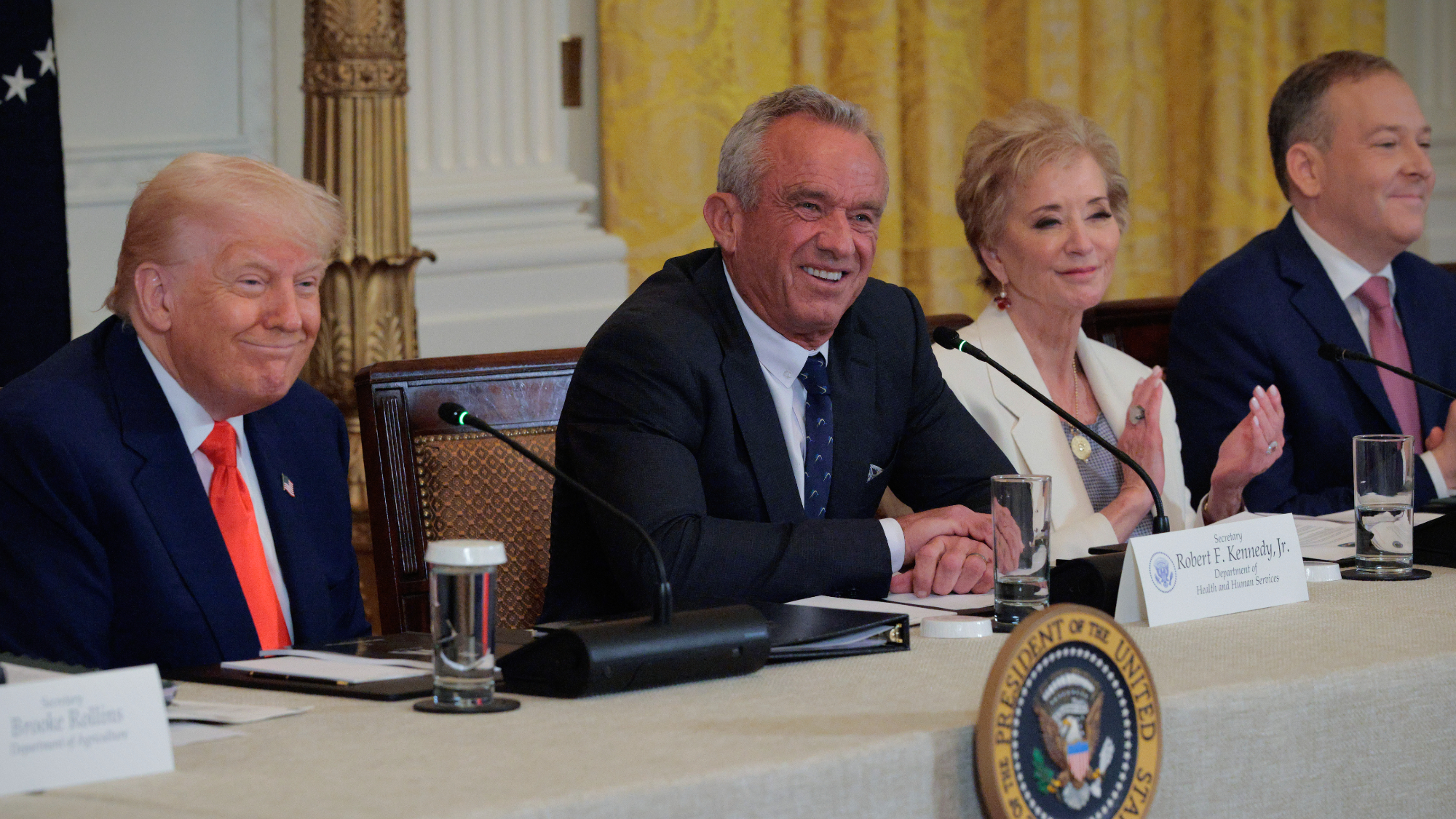White House tackles fake citations in MAHA report
A federal government public health report spearheaded by Robert F. Kennedy Jr. was rife with false citations


A free daily email with the biggest news stories of the day – and the best features from TheWeek.com
You are now subscribed
Your newsletter sign-up was successful
What happened
The White House Thursday acknowledged and scrambled to correct problems with the "Make America Healthy Again Commission" report released last week by Health and Human Services Secretary Robert F. Kennedy Jr. The MAHA report's citations "are rife with errors, from broken links to misstated conclusions," NOTUS reported Thursday morning, and several of the cited sources "don't appear to exist at all." Other news organizations identified further errors.
Who said what
Kennedy "repeatedly said he would bring 'radical transparency' and 'gold standard' science to the public health agencies," The Associated Press said, but he has "refused to release details about who authored the 72-page report." Some of the "numerous garbled scientific references and invented studies" meant to "underpin the science" in the report "appear to have been generated using artificial intelligence," The Washington Post said.
The MAHA report was "developed in little more than three months and contained mainstream ideas combined with highly controversial elements," Axios said, "including doubts about the current childhood vaccine schedule." White House and HHS spokespeople said the "transformative" report's minor "formatting" errors did not affect its "substance." Several updated versions of the report were uploaded Thursday.
The Week
Escape your echo chamber. Get the facts behind the news, plus analysis from multiple perspectives.

Sign up for The Week's Free Newsletters
From our morning news briefing to a weekly Good News Newsletter, get the best of The Week delivered directly to your inbox.
From our morning news briefing to a weekly Good News Newsletter, get the best of The Week delivered directly to your inbox.
What next?
The "false references" to "fictitious studies" did "not necessarily mean the underlying facts in the report are incorrect," The New York Times said. But "if these really basic citation practices aren’t being followed," said Columbia University epidemiologist Katherine Keyes, one of the authors cited for a study she did not write, that "makes me concerned about the rigor of the report."
A free daily email with the biggest news stories of the day – and the best features from TheWeek.com
Peter has worked as a news and culture writer and editor at The Week since the site's launch in 2008. He covers politics, world affairs, religion and cultural currents. His journalism career began as a copy editor at a financial newswire and has included editorial positions at The New York Times Magazine, Facts on File, and Oregon State University.
